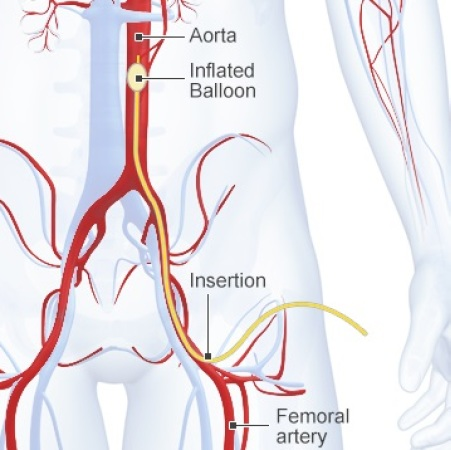
The Young ERC webinar has commenced! We will be talking all about Stress and Resuscitation. You can watch along live on our Facebook facebook.com/YoungERC.resus and we will be tweeting about the key takeaway points as we go!
Our first talk is from Kate Vasey who will be talking about the importance of self care!
When we are faced with stress we make an assessment about what we CAN do and what the task will involve. We then make an assessment about whether we can undertake that task and depending on how easily we think we can do it, our body will produce a stress response! 

Our capability isn't just made up by things that we have the skills to be able to do. Our current emotional state and previous experiences play into what we think we can do at a given time.
Our emotional state is complex. But in order to meet our psychological needs and self-fulfillment needs we need to initially ensure that our basic needs are being met. 

So first we need to focus on our basic needs. Ensure that we are getting enough to eat and getting enough sleep. Particularly in the current difficult situation where things such as Friendships are under strain, it is important to make sure we look after what is under our contol.
Our body has several systems which determine mental state. The stress system is very sensitive as it wants to ensure it meets every danger. But it's not very specific so much of the time we will be activating our stress system without any need! 

One way to calm yourself can be to draw out these 3 systems and think about how much time you are giving to each one at the moment. If you realise they are out of balance you can think about how to try and restore the balance!
Everyone has their own way of trying to restore their balance - but here are some tips for helping to activate your soothe pathway! 

Now we are about to do some soothing breathing LIVE, so if I don't tweet for the rest of the webinar I've probably been over soothed and fallen asleep!
And in the world of work how can we help ourselves calm down and soothe? This end of shift checklist is a great place to start! 

• • •
Missing some Tweet in this thread? You can try to
force a refresh







